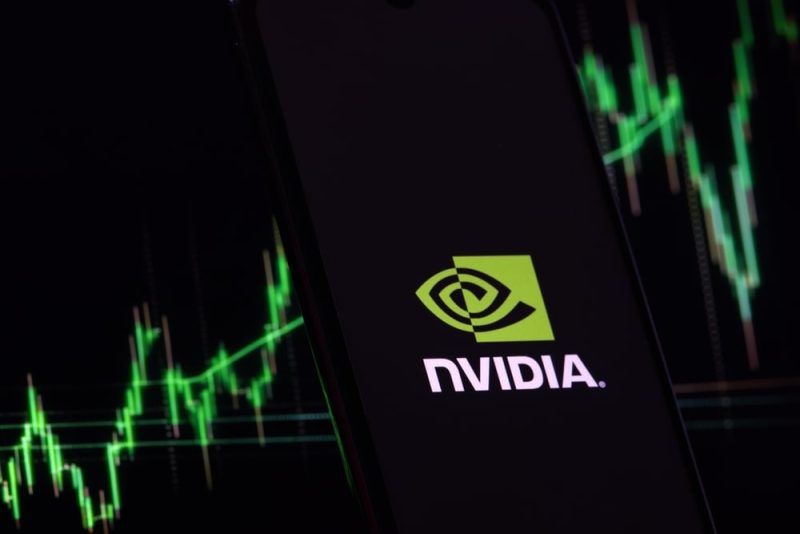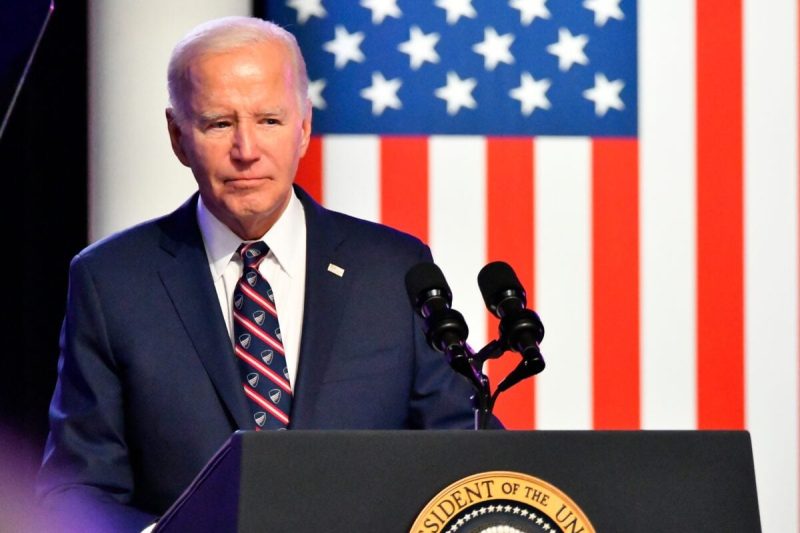TikTok to Fight US Sale Mandate, Defends Free Speech Rights

TikTok to Fight US Sale Mandate, Defends Free Speech Rights
Quick Look:
ByteDance to challenge U.S. law demanding TikTok’s sale or face ban, citing unconstitutional actions against free speech;
National security concerns drive the legislative move yet lack public evidence, fueling debates over the balance of free speech;
Potential precedent-setting cases may influence digital media governance, with implications extending globally.
TikTok, the widely popular social media platform owned by China-based ByteDance, is gearing up for a significant legal battle against a new U.S. law that mandates its sale or faces a nationwide ban. This legislation, recently signed into law by President Joe Biden, stirred significant controversy and was deemed unconstitutional by ByteDance. It has vowed to challenge it in court. The law’s critics, including influential advocacy groups like the American Civil Liberties Union (ACLU), argue that it unjustly violates the First Amendment rights of TikTok’s 170 million U.S. users by potentially stifling free expression.
The core of TikTok’s planned legal argument seems to hinge on the assertion that the legislation imposes undue content-based restrictions, which are subject to a particularly high level of judicial scrutiny. This stance is supported by comments from Patrick Toomey, Deputy Director of the ACLU’s National Security Project. He emphasised the role of TikTok as a central source for information sharing and expression in the U.S.
National Security vs Free Speech: The TikTok US Ban Debate
National security concerns predominantly root the legislative push to either ban TikTok or force its sale. U.S. lawmakers from both parties have expressed apprehensions that Chinese authorities might coerce ByteDance into surrendering U.S. user data or manipulating content to influence American public opinion. However, the U.S. government has yet to substantiate these claims with concrete evidence publicly. It leads to accusations that the move is more about political posturing than genuine national security.
Legal experts disagree on whether the national security argument will outweigh First Amendment concerns. Some believe that national security often serves as a decisive factor in such legal disputes, potentially overshadowing free speech arguments. Gus Hurwitz, a senior fellow at the University of Pennsylvania’s Carey Law School, suggests that national security tends to dominate judicial considerations once invoked. However, he also notes that the specific targeting of TikTok raises questions about fairness and consistency.
Potential U.S. TikTok Ban and Global Digital Policy Impact
This legal challenge carries vast implications. It could extend beyond TikTok, potentially setting a precedent. This precedent might shape future U.S. digital media governance. If the courts uphold the law, it could pave the way for similar measures. These measures would target other foreign-owned platforms, reshaping the digital content landscape and information sharing.
Moreover, the legal battle will be lengthy, with the possibility of reaching the Supreme Court. The outcome could have profound effects on the U.S. government’s longstanding efforts to promote an open and secure global internet. As the case unfolds, the international community will watch closely, considering how the decision might affect global digital policy and the balance between national security and free speech.
TikTok’s promise to sue over the potential U.S. ban represents a critical moment for the company and the broader digital media environment in the United States. As legal arguments take shape, the debate between safeguarding national security and protecting constitutional rights of free speech will likely intensify, testing the resilience and integrity of U.S. legislative and judicial frameworks.
The post TikTok to Fight US Sale Mandate, Defends Free Speech Rights appeared first on FinanceBrokerage.




